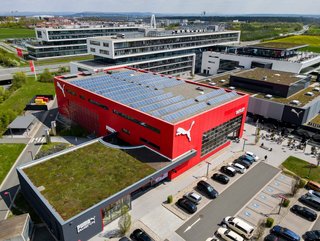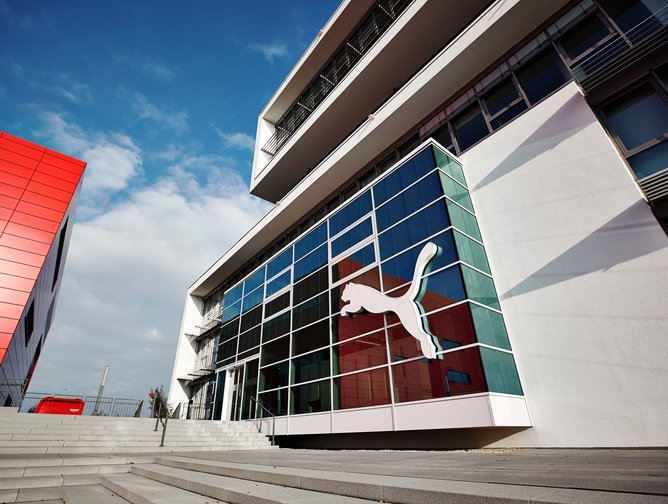Puma's Meaningful ESG Progress Across the Supply Chain

Alongside strong sales growth, Puma managed to cut its greenhouse gas emissions (GHG) by an impressive 24% in 2023 when compared to 2022.
It’s an improvement being made possible by numerous contributing factors, not least its core suppliers doubling their own use of renewable energy last year.
Puma is also:
- Expanding the use of materials with lower carbon footprints in its product line
- Capitalising on Maersk's implementation of reduced-carbon shipment tariffs
- Using renewable electricity or procuring renewable energy certificates
- Integrating electric vehicles across its car fleet
What's more, thanks to a series of bold strategies across its wider supply chain function, the sportswear powerhouse is reporting an absolute GHG reduction of 29% when compared to a baseline figure from 2017.
Puma's ESG commitment
In truth, Puma is making plentiful progress across the supply chain space from an ESG and sustainability perspective.
When it comes to human rights, the organisation is training more than 220,000 factory workers on women’s empowerment, while completely mapping subcontractors and Tier 2 suppliers for human rights risks.
Helped by the procurement aspect of its sustainability strategy, Puma is currently working several years ahead of its initial set of targets. With an 85% reduction of its own emissions and a 65% decline in supply chain emissions relative to sales, the business achieved its first science-based greenhouse gas reduction target in 2023 – seven years ahead of schedule.
Puma’s new climate goals—approved by the Science Based Targets initiative (SBTi)—are aimed at reducing emissions by the amount scientists say is necessary to keep global warming below 1.5 degrees.
By 2030, Puma wants to reduce its absolute Scope 1 and 2 GHG emissions by 90% from a 2017 baseline figure. The SBTi has, meanwhile, classified the firm’s Scope 1 and 2 targets as being in line with a 1.5-degree trajectory.
Over the same period, Puma is committed to reducing absolute Scope 3 GHG emissions from its supply chain and logistics by 33% compared to 2017.

FOREVER.BETTER.
Puma’s wider sustainability efforts are underpinned by its FOREVER.BETTER. strategy, a belief that sustainability should be integrated into every aspect of manufacturing processes for all products – from the sourcing of raw materials to the manufacturing stage, both environmentally and socially.
This is based on the 10FOR25 targets it established in 2019, a list of key areas where the company is focused on improving.
“We’re very proud of the progress we achieved on our sustainability journey in 2023, particularly when it comes to the reduction of greenhouse gases,” comments Anne-Laure Descours, Chief Sourcing Officer at Puma.
“We will not stop there, however, and continue to execute our FOREVER.BETTER. sustainability strategy and our 10FOR25 targets.”
Progress in the procurement space has included increasing the sourcing and use of recycled materials in 2023. A significant proportion of eight in every 10 products were produced recycled or certified materials.
Beginning in 2024, almost all of Puma’s range of replica football jerseys are being made using Puma’s RE:FIBRE recycling technology, which focuses on polyester textile waste as the primary source of material.
******
Check out the latest edition of Supply Chain Magazine and sign up to our global conference series – Procurement and SupplyChain LIVE 2024.
******
Supply Chain Digital is a BizClik brand.
- How the C3 AI Supply Chain Suite Drives Increased ResilienceTechnology
- Meet Our Speaker Line-up for 2024: P&SC LIVE DubaiDigital Supply Chain
- The Art of Supply Chain Planning with Gartner, SAP, KinaxisSupply Chain Risk Management
- Top 10: Women in Supply Chain in the Middle East and AfricaOperations






